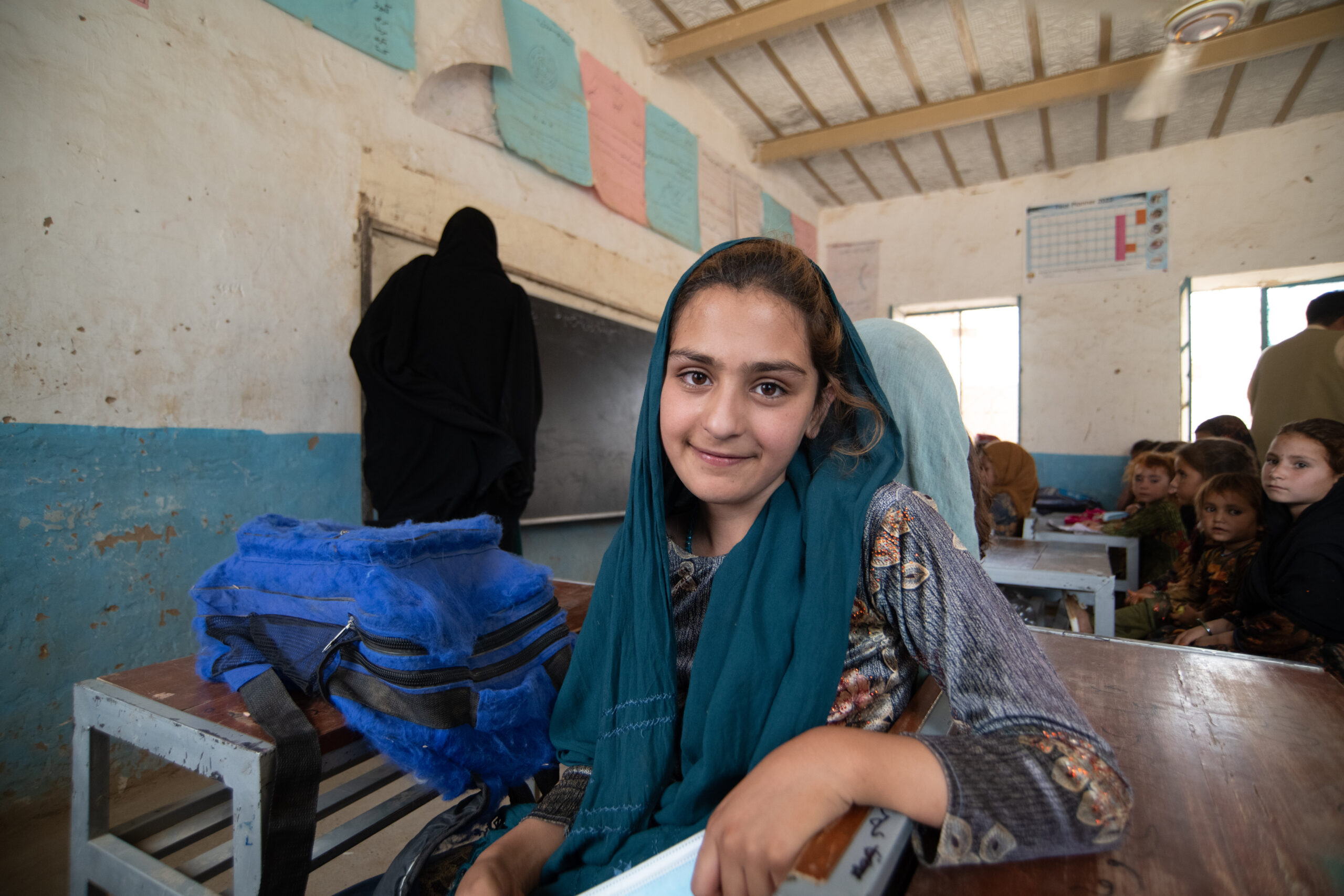
©UNHCR/ Mercury Transformations
Education: a pathway to self-reliance for refugee children
Imagine a world where every child, regardless of their circumstances, has the chance to learn, grow, and succeed. For refugee children, education is not just a right; it’s a pathway to self-reliance. Over the past decade, we’ve seen a global movement recognizing the urgency of integrating refugee children into national education systems as swiftly as possible. Yet, the reality is stark: many refugee children are still missing out on this vital opportunity. Around a third of primary school-aged refugee children remain out of school (UNHCR, 2023). It’s time to change that.
Breaking barriers, creating breakthroughs
To give refugee children the education they deserve, we need to invest in access, quality, financing, and policy. UNHCR’s groundbreaking report, From Barriers to Breakthroughs: Progress in Primary Education for Refugees, dives deep into the successes across 11 countries and offers strategic insights into what’s working.
Empowering parents, inspiring students
Parents play a crucial role in encouraging their children to embrace education. By motivating their own kids and persuading other families to send theirs, parents can drive enrollment, attendance, and learning. Providing clear pathways to secondary and higher education through formal national curricula also motivates both parents and students. The success story from Bangladesh shows that refugees value traditional, structured education over informal systems.
Elevating education quality
Enrolling refugee children in schools is just the beginning. Ensuring they receive quality education is equally important. One key to this is investing in teacher development. Programs that blend short-term training with long-term classroom practice, supported by self-study and peer-learning, can make a significant difference. Collaborative teams of national and refugee teachers can enhance professional development and improve education quality. Social cohesion is another critical factor. In Rwanda, students valued peaceful, disciplined school environments where they could learn and socialize with peers from diverse backgrounds.
Towards full inclusion
Achieving full inclusion of refugees in national education systems is complex, involving technical and political challenges. However, coordinated actions by governments, humanitarian, and development actors can make it possible. Strategic moments, like education sector analyses or the introduction of new curricula, offer opportunities to advocate for and advance refugee inclusion.
Unified efforts and shared responsibilities
Donor investment is vital. Coordinated efforts in school infrastructure in refugee-hosting areas can advance inclusion, as seen in Rwanda. Global coordination of donor support is crucial, but national-level efforts are often more challenging. Here, UNHCR education and development officers play a pivotal role.
Looking ahead
Managing transitions in refugee education—from individual student integration to curriculum and workforce changes—is essential for success. Every refugee child who gains foundational skills and graduates from primary school is a victory. These successes move us closer to a world where all children, regardless of their background, have access to quality education.
Let’s learn from our achievements and continue striving for inclusive and equitable education for every child, everywhere. Together, we can transform lives and build a brighter future for all.
